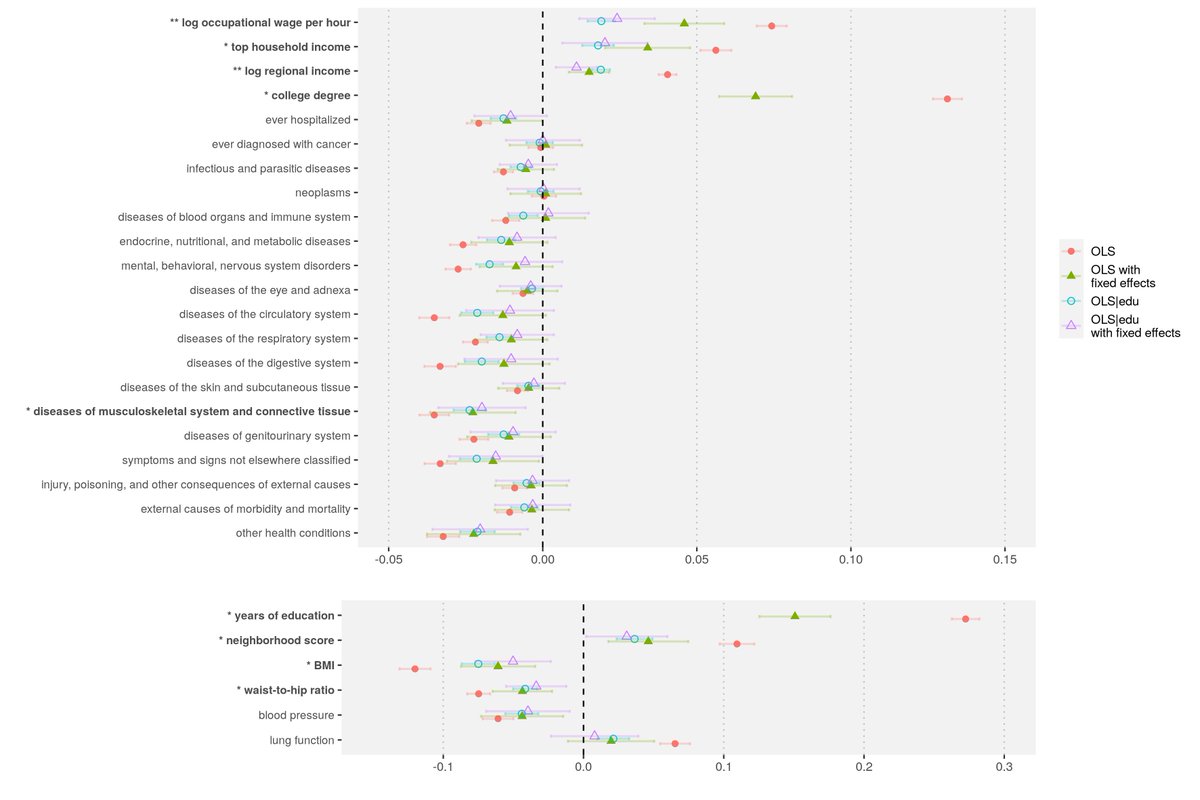
1/6 I think that a #DeSci economy that covers all aspects of #academia in one ecosystem (#publications, #peerreview, and #funding) is more valuable and more likely to succeed in the long run than a project that covers only one or two of these aspects. Why? ...
2/6 Because of #networkeffects. All three parts of academia co-depend and influence each other. There are positive network externalities to solving problems in publishing, peer review, and funding to other parts of #academia. ...
3/6 And if such an integrated #DeSci solution helps to reward #scientists more fairly, solve their #funding problems, and raise the standards of #peerreview and #publications, every #scientist would want to be a part of it. ...
4/6 And this would create the biggest #networkeffect of them all - a place where the best scientists of all disciplines from all countries would come together: The ultimate brain power engine for break-through #innovations. ...
5/6 And that would not only be nice for non-profit #funders of #Science, it would also be the ideal place for R&D-intense businesses to outsource a part of their #RandD. Think #replication studies for industry-relevant publications or business-science collaborations at scale. ...
6/6 That's what we're planning to build at @DesciLabs. It's a dauntingly complex task, but it's doable and the rewards for #Science, #business, and #society are huge.
• • •
Missing some Tweet in this thread? You can try to
force a refresh






